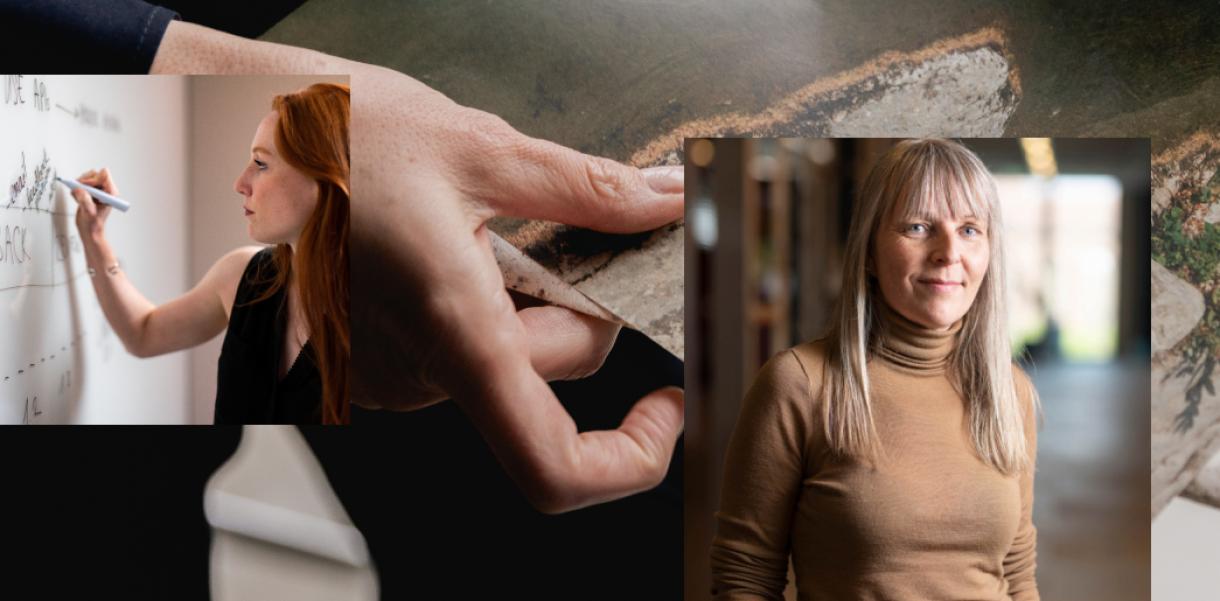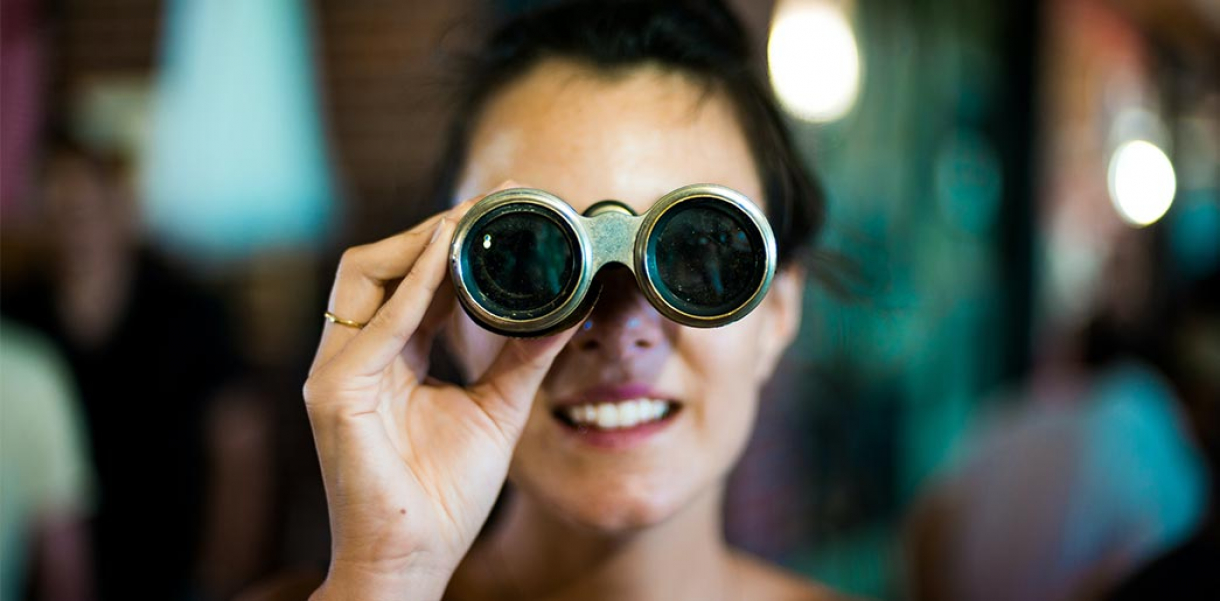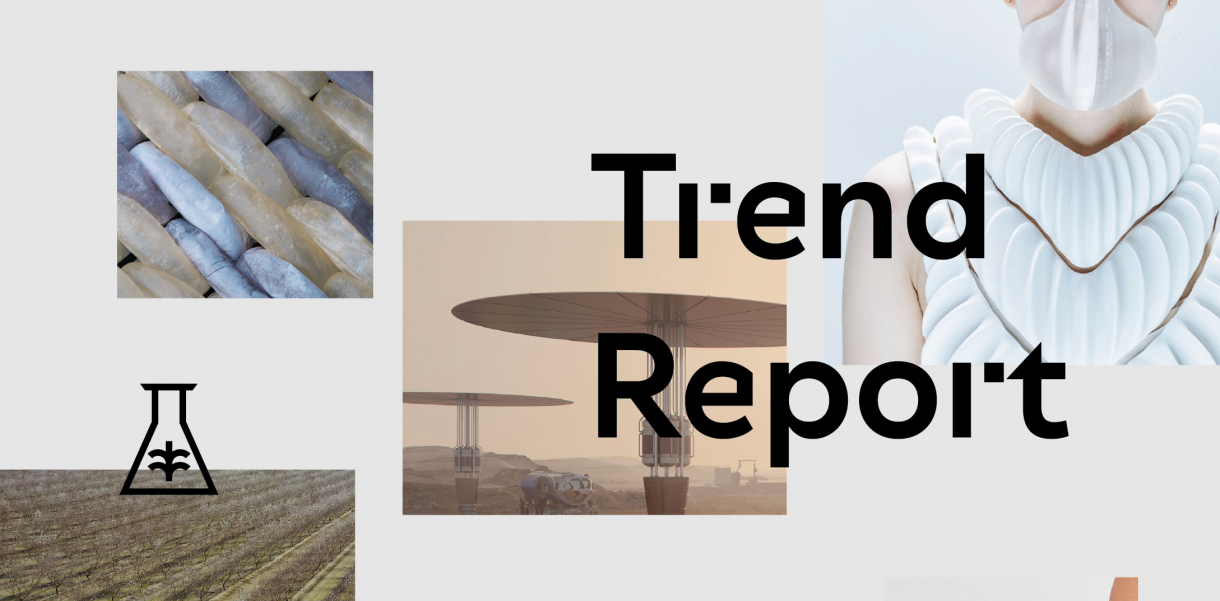Curious about our education programme? We sat down with our Education Director Charlotte Høeg Andersen (pictured, right) to find out exactly what it is and why it's so important for education and business.
In a nutshell, what's Design to Improve Life (DtIL) education all about?
"It’s about training people on how to use design as a change-making tool. Our workshops, rooted in design thinking, help you clarify your challenges, create quality solutions, and give you the resources to actually achieve your goals. In essence, it's about democratising design-based tools and empowering everyone to actively make a contribution to a better world."
Why do you do it?
"It all starts with education and many people don’t have the right mindset. Education is the answer to so many differences and problems in the world — it's the key to creating a more equal society. We want to get to a point where everyone has access to the same opportunities. It’s our reason for getting up in the morning!"
What's the Design to Improve Life Compass?
"The Compass is a problem-solving tool that moves you from initial challenge to final solution, guiding you step by step, along the way. It’s the backbone of our education methodology and can be used in all kinds of scenarios where process facilitation is needed. Like a traditional compass, ours helps you navigate through the design process, but it also offers concrete actions, methods and techniques."
When and where do you typically run workshops?
"Our education initiatives run all year-'round. Recently, our workshops and sessions have only existed in cyberspace (thanks to the pandemic) but we usually meet people face-to-face where they live. It's always best to work with people in their own context, where we can thoroughly work through their local challenges and develop solutions to properly meet their needs."
How was it running workshops during a pandemic?
"Like everything in a pandemic, it was a challenge. But, it really forced us to develop our tools for the better. In the end, it was a blessing in disguise as it improved the accessibility of our tools and our overall impact, as we could reach so many more people!"
Can anyone participate in a workshop or session?
"Yes, anyone that wants to make an impact with design! But we mostly work with educators, educational institutions and businesses from all over the world. We try to not only give them the tools to get to work, but also the motivation to share them with others. Essentially, we're planting a seed of change."
What do participants typically leave a workshop with?
"Depending on the intensity, you'll leave with a range of design, sustainability and leadership skills ready to apply to your own work. But, it's important to remember that while we give trainees the tools, it’s ultimately their responsibility to implement them. How they design to improve life will need to work for them in their own daily practice."
From your perspective, what are the most important things to remember when facilitating?
- Research and really understand your users! You have to go in with the right mindset, know how your participants like to work and learn how to best meet their needs so they’ll actually use the skills after;
- Get comfortable with unpredictability: Always have a plan B, C or even D. You can be prepared but things will inevitably change, as many say: “fail early to success later”;
- Prioritise authenticity over authority. Creating a warm and comfortable atmosphere will always foster better results. In the end, we want users to feel we’re more like sparring partners rather than experts.
How does education work with the award and investment programme?
"Many of the investment companies need new design-thinking techniques and skills to optimise their solution or business, we help them clarify their vision and become stronger companies. Regarding the award, we also offer training to our winners to help them solve business or leadership problems. We also use award cases as key learning resources for our educational material."
Read more about our workshops and previous case studies.




